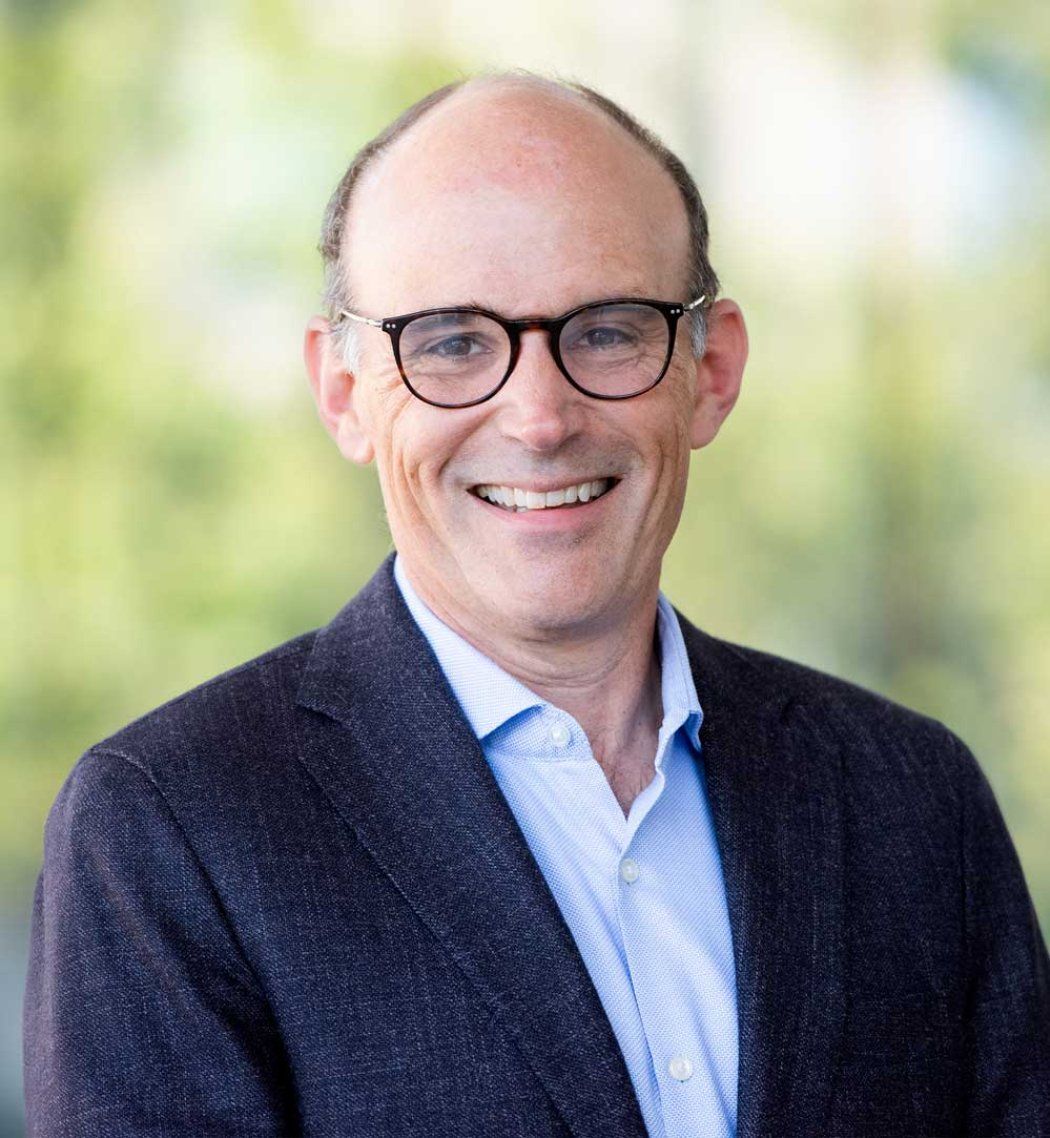David Morris, MD, a pharma executive with experience in research and development, venture capital and developing early-stage biotech companies – as well as deep roots in academic medicine – has been named Vice Chancellor for Business Development, Innovation and Partnerships at UC San Francisco.
Morris has worked at Roche, as well as Novartis, where he led respiratory and primary care drug development, and ultimately rose to become global head of clinical operations, overseeing hundreds of clinical trials worldwide.
He has been directly or indirectly involved in the research, development and approval of multiple new medications for COPD, asthma, dermatologic diseases, diabetes, hypertension and heart failure, including work on Entresto which has become a standard of care for heart failure. He and his team were also early innovators in leveraging technology to streamline clinical research and apply digital solutions in drug discovery and development at Novartis.
He later served as managing director for the Novartis Venture Fund, working out of its Emeryville office with many Bay Area startups, including Soteria Biotherapeutics, a spinout from the laboratory of Jim Wells, PhD, in the UCSF School of Pharmacy.
Most recently, working from their Bay Area offices, Morris headed research and development at Valo Health, a Boston firm that uses generative AI for drug discovery. He also served as chief medical officer for Enterprise Therapeutics in the United Kingdom, where he helped develop new inhaled therapies for cystic fibrosis.
“Dave has a sophisticated understanding of how to take biomedical innovations and turn them into therapies,” said Executive Vice Chancellor and Provost Catherine Lucey, MD. “I am excited to have him at UCSF at a time when there are so many new opportunities to help patients.”
Studying lung biology
After internal medicine training at Massachusetts General Hospital, Morris completed his pulmonary and critical care training at UCSF. He then joined the faculty and practiced pulmonary and critical care medicine at UCSF and Zuckerberg San Francisco General Hospital with mentors who are still active in clinical medicine, research and leadership.
“I felt so fortunate to have had such incredible mentors and role models as a fellow and junior faculty member at UCSF,” Morris said. “The opportunity to come back was impossible to turn down. Talmadge King and Michael Matthay were critical clinical mentors – and of course Dean Sheppard, my research mentor at the Lung Biology Center and CVRI. Many, many other outstanding physician-scientists and basic scientists at UCSF have inspired me over the years and have remained close friends and collaborators.”
Morris did his research fellowship under Sheppard, a prominent physician-scientist and professor of medicine at UCSF who works on fibrosis, asthma and acute lung injury. Morris joined the UCSF faculty in 2001 and ran an NIH-funded lab devoted to research on interstitial lung diseases and the regulation of TGF-beta signaling. In 2003, he joined the Yale Pulmonary and Critical Care Division, before moving to industry in 2006.
Mentoring the next generation
In recent years, Morris has gotten to know a new generation of UCSF scientists working with CRISPR, cell engineering and other breakthrough technologies through the entrepreneurship program that Stephanie Marrus, MBA, developed at Innovation Ventures.
“Dave’s experience will be invaluable to scientists at UCSF as they seek to turn their ideas into therapies,” said Sam Hawgood, MBBS. “He is returning at an exciting time. The pace of scientific discovery is rapidly accelerating, and we are making progress in areas like genetic diseases and cancer that only recently seemed beyond reach.”
Morris said he will work with faculty, students and fellows to identify the most clinically promising ideas and develop them further, so they are more valuable when companies seek to license them.
“My passion is turning great scientific insights into great new therapies and helping junior faculty turn their creative ideas into reality,” he said. “It feels like a homecoming to be back at UCSF.”
